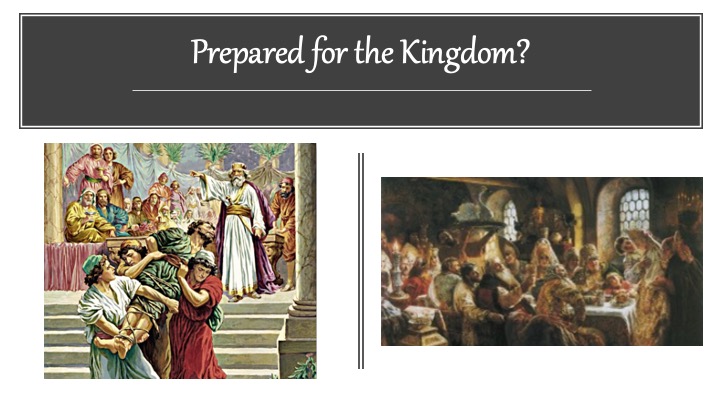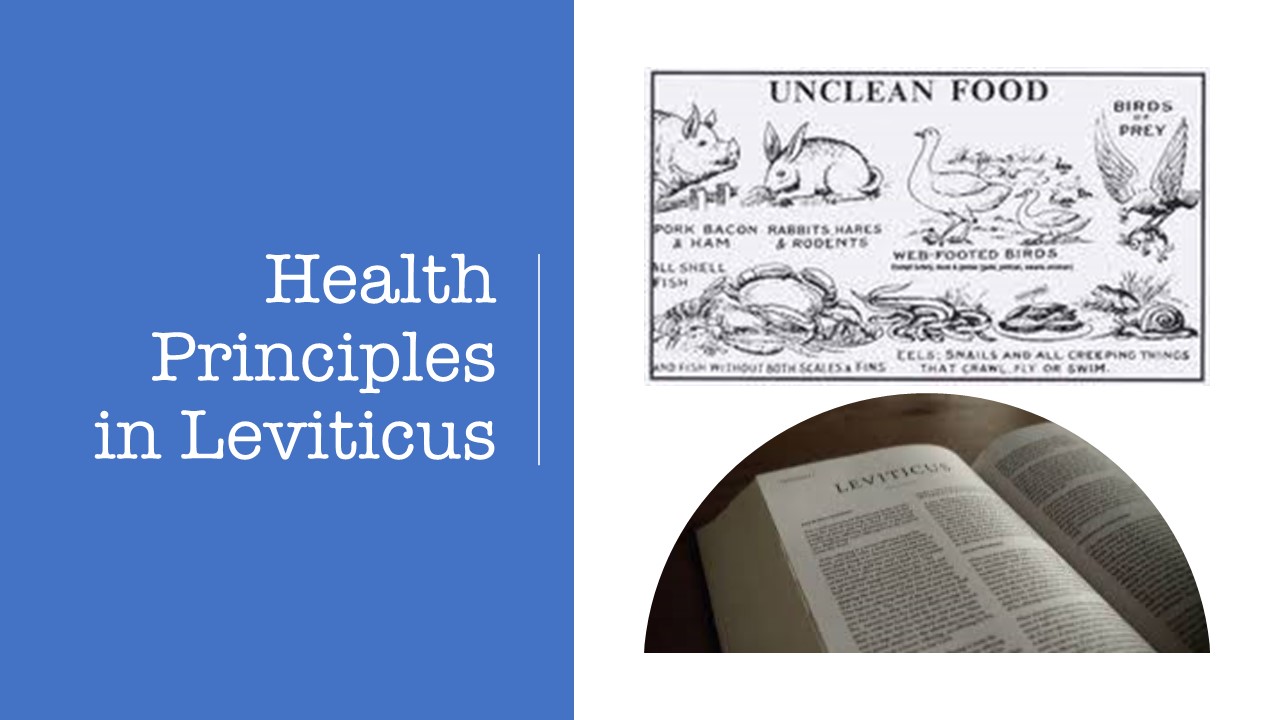The air in Antioch was alive with the diversity of its people and the aroma of its spices, reflecting a vibrant, multicultural community. In this setting, the apostle Peter enjoyed warm fellowship with Gentile believers, sharing meals and stories that broke down long-standing divisions. However, when a group of Jewish Christians from Jerusalem arrived, Peter's fear led him to withdraw from the Gentiles, creating a painful separation.
Paul, witnessing this hypocrisy, could not remain silent. In a bold and public confrontation, he rebuked Peter for acting contrary to the gospel's truth, emphasizing that justification comes by faith in Christ alone, not by adhering to the law. This incident, a turning point for Peter, underscored the need for consistency in living out the gospel message, leading him to advocate for grace more fervently in his later writings.
In the Book of Galatians, Paul addresses the issue of justification, emphasizing that it is received through faith in Christ alone, not by adherence to the law. Justification by faith is a gift from God, based on Christ's faithfulness, not our own flawed attempts at obedience. This central message of the Protestant Reformation remains crucial today, liberating us from the burden of trying to earn our salvation and inviting us to embrace a life of trust and gratitude.
Paul's letter to the Galatians underscores the importance of understanding the true nature of faith as a response to God's grace, leading to a transformed life characterized by obedience and love for Christ. It reminds us that our hope rests not in our own efforts, but in the perfect faithfulness of Jesus Christ, who alone can justify us before God.

Jesus sat before the people and uttered what must have been to them shocking words: Unless your righteousness exceeds the righteousness of the scribes...

The Book of Job is a profound exploration of the question: Why do bad things happen to good people? In this narrative, Job, a...

God is concerned about a total well-being. Today’s top ten list explores ten important health principles from the Book of Leviticus. Scriptures referenced include...